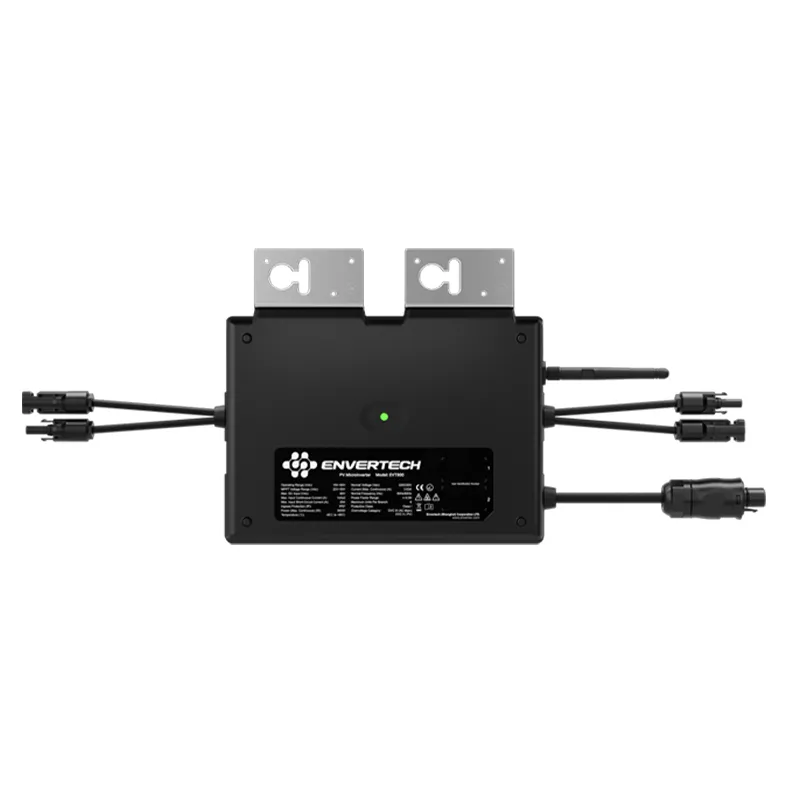average efficiency of solar panels
Average Efficiency of Solar Panels Understanding the Metrics
Solar energy has rapidly gained prominence as a sustainable energy source, contributing significantly to global efforts to combat climate change. At the heart of this technology are solar panels, which harness sunlight and convert it into electricity. One of the most critical aspects of solar panels is their efficiency, a factor that directly influences energy output and overall performance.
What is Solar Panel Efficiency?
Solar panel efficiency refers to the percentage of sunlight that can be converted into usable electricity by the solar cells installed in the panels. For example, if a solar panel has an efficiency rating of 20%, it means that 20% of the sunlight striking the panel is transformed into electrical energy, while the remaining 80% is either reflected or absorbed as heat. Efficiency is a crucial metric, as it dictates how much energy can be produced in a given amount of sunlight.
Current Efficiency Standards
As of 2023, the average efficiency of commercially available solar panels ranges from 15% to 22%. However, high-efficiency panels can achieve ratings of over 23%. The efficiency of solar panels has steadily improved over the years due to advances in technology and materials. Traditional silicon-based solar panels, which have dominated the market, typically feature efficiency ratings between 15% and 20%. In contrast, newer technologies, such as bifacial and multi-junction solar cells, show promise for higher efficiencies.
average efficiency of solar panels

Factors Affecting Efficiency
Several factors influence the efficiency of solar panels. One significant factor is the type of material used to manufacture the solar cells. Monocrystalline silicon panels tend to offer higher efficiencies compared to polycrystalline panels, due to their uniform crystal structure, which allows for better electron movement. Similarly, thin-film solar panels, which are lighter and more versatile, often fall short in efficiency, ranging from 10% to 13%.
Environmental factors also play a critical role in the operational efficiency of solar panels. Location, shading, temperature, and the angle of installation can all affect energy output. For instance, solar panels tend to perform better in cooler temperatures, as excessive heat can reduce their performance. Moreover, regular maintenance, such as cleaning the panels to remove dust and debris, is essential to ensure maximum efficiency.
The Future of Solar Panel Efficiency
Research and development in solar technology are ongoing, aiming for significant improvements in efficiency and performance. Scientists are exploring new materials, such as perovskite solar cells, which have demonstrated efficiencies exceeding 25% in laboratory settings. If scalable, these materials could revolutionize the solar industry, making solar energy even more accessible and affordable.
In conclusion, the average efficiency of solar panels plays a vital role in determining the viability of solar energy as a renewable resource. As technology advances and new materials are developed, we can expect to see improvements in efficiency, potentially leading to higher energy outputs and lower costs. This would not only enhance the feasibility of solar energy for residential and commercial applications but also bolster efforts toward a sustainable future. With continued investment in research and development, the dream of harnessing solar power efficiently may soon be within reach for everyone.
-
Unlocking Energy Freedom with the Off Grid Solar InverterNewsJun.06,2025
-
Unlock More Solar Power with a High-Efficiency Bifacial Solar PanelNewsJun.06,2025
-
Power Your Future with High-Efficiency Monocrystalline Solar PanelsNewsJun.06,2025
-
Next-Gen Solar Power Starts with Micro Solar InvertersNewsJun.06,2025
-
Harnessing Peak Efficiency with the On Grid Solar InverterNewsJun.06,2025
-
Discover Unmatched Efficiency with the Latest String Solar InverterNewsJun.06,2025







